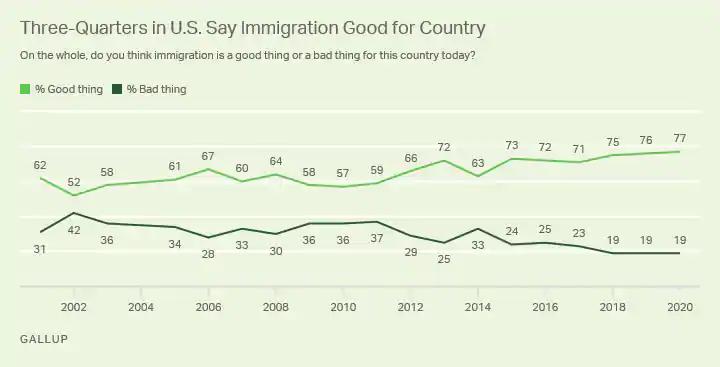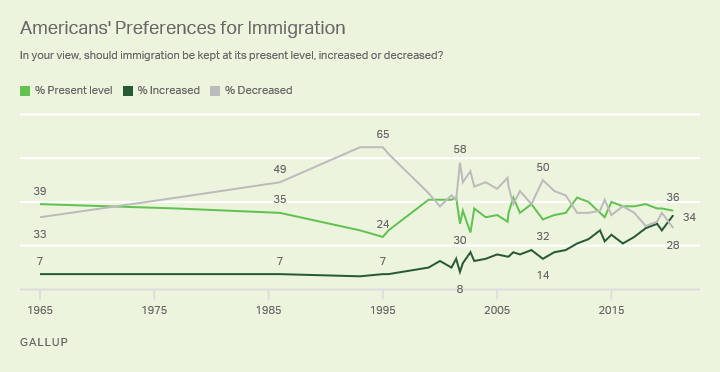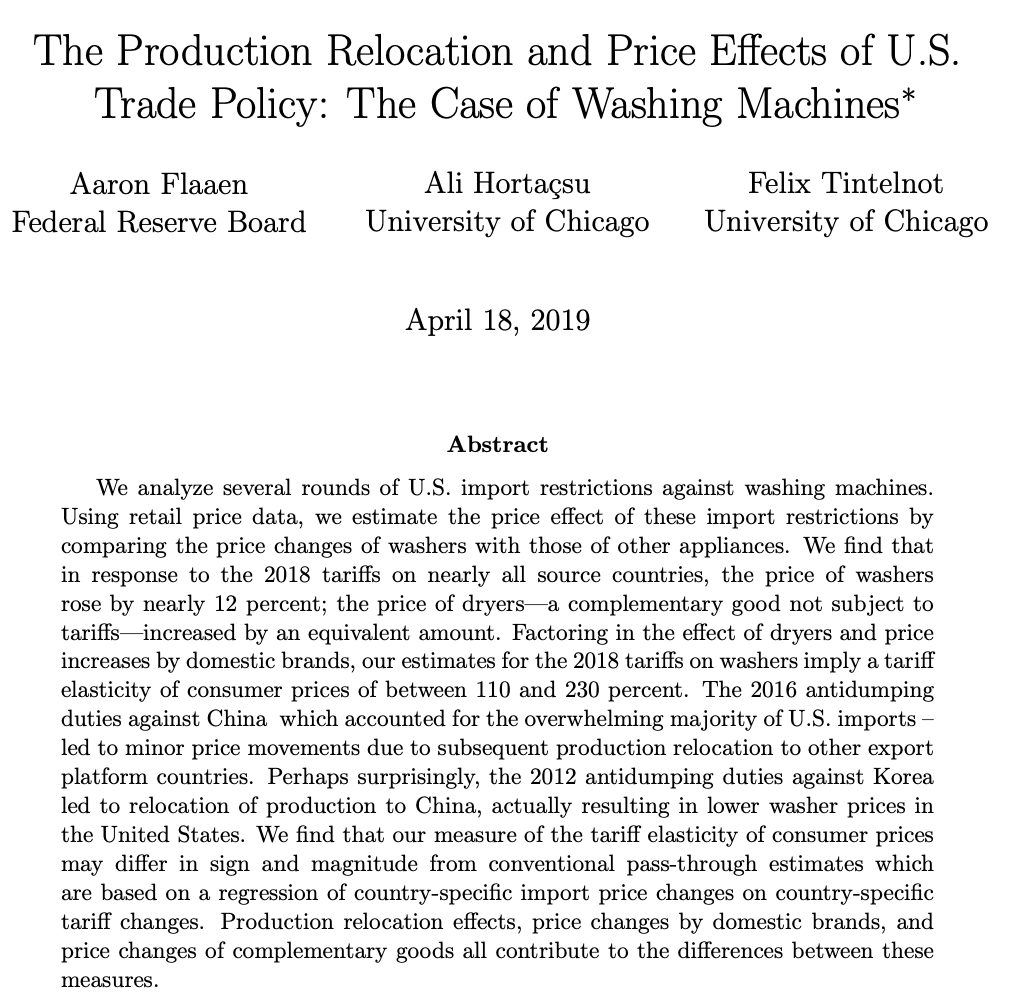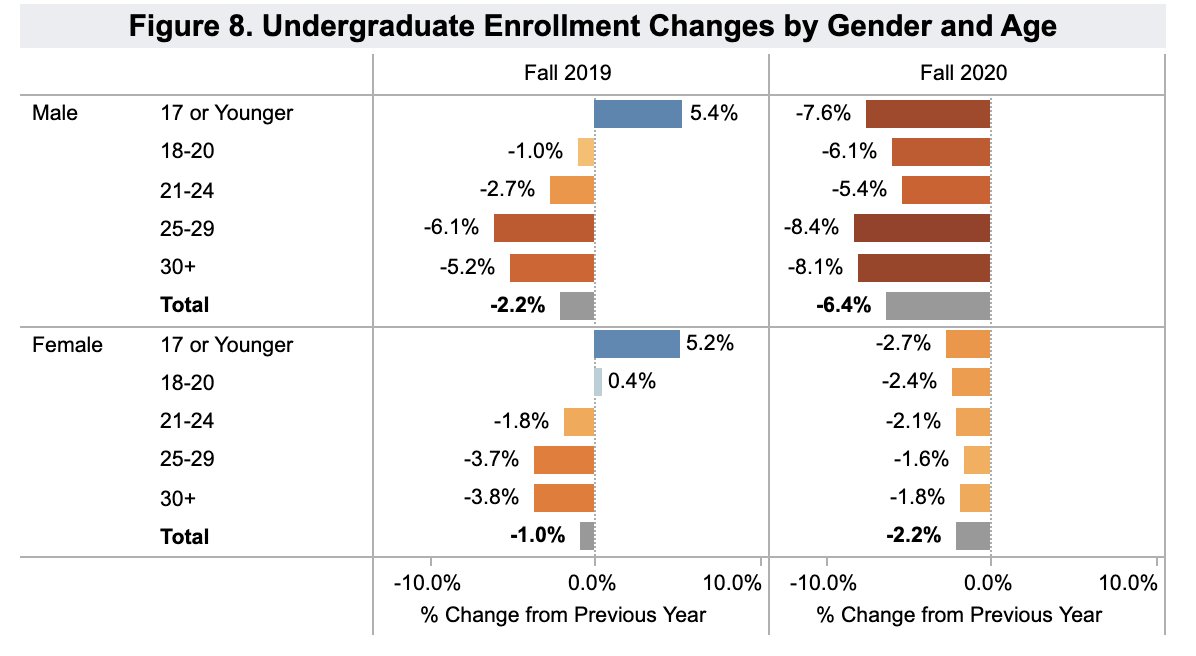
Letter opposing Donald Trump's re-election signed by 670 economists, including seven Nobel laureates:
George Akerlof (2001)
Roger Myerson (2007)
Peter Diamond (2010)
Christopher Sims (2011)
Alvin Roth (2012)
Oliver Hart (2016)
Paul Milgrom (2020)
sites.google.com/site/econagain…
George Akerlof (2001)
Roger Myerson (2007)
Peter Diamond (2010)
Christopher Sims (2011)
Alvin Roth (2012)
Oliver Hart (2016)
Paul Milgrom (2020)
sites.google.com/site/econagain…
Interestingly, a similar letter in 2016 was signed by 794 economists
sites.google.com/site/economist…
sites.google.com/site/economist…
To be fair, looks like the 2016 letter was initially released with "only" 370 names, and then grew as time went on and the letter circulated more broadly. Same might happen again. washingtonpost.com/news/rampage/w…
OK separately there are also at least *two* affirmatively pro-Biden/Harris (not just anti-Trump) letters from economists.
Here's one from 13 Nobel laureates (there was a similar pro-Clinton Nobelists-only letter in 2016, w/ at least 20 names by the end): axios.com/joe-biden-nobe…
Here's one from 13 Nobel laureates (there was a similar pro-Clinton Nobelists-only letter in 2016, w/ at least 20 names by the end): axios.com/joe-biden-nobe…
Here's another pro-Biden/Harris letter from ~250 economists: scribd.com/document/47601…
I would love to run an analysis to find patterns among all these lists this time, as I did in 2016...days like this I really wish I had an RA!
• • •
Missing some Tweet in this thread? You can try to
force a refresh














